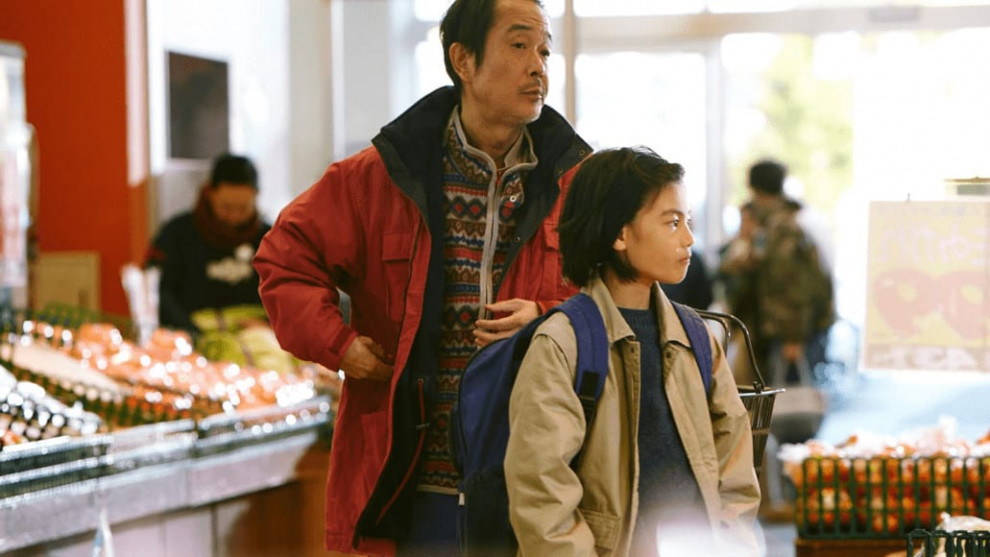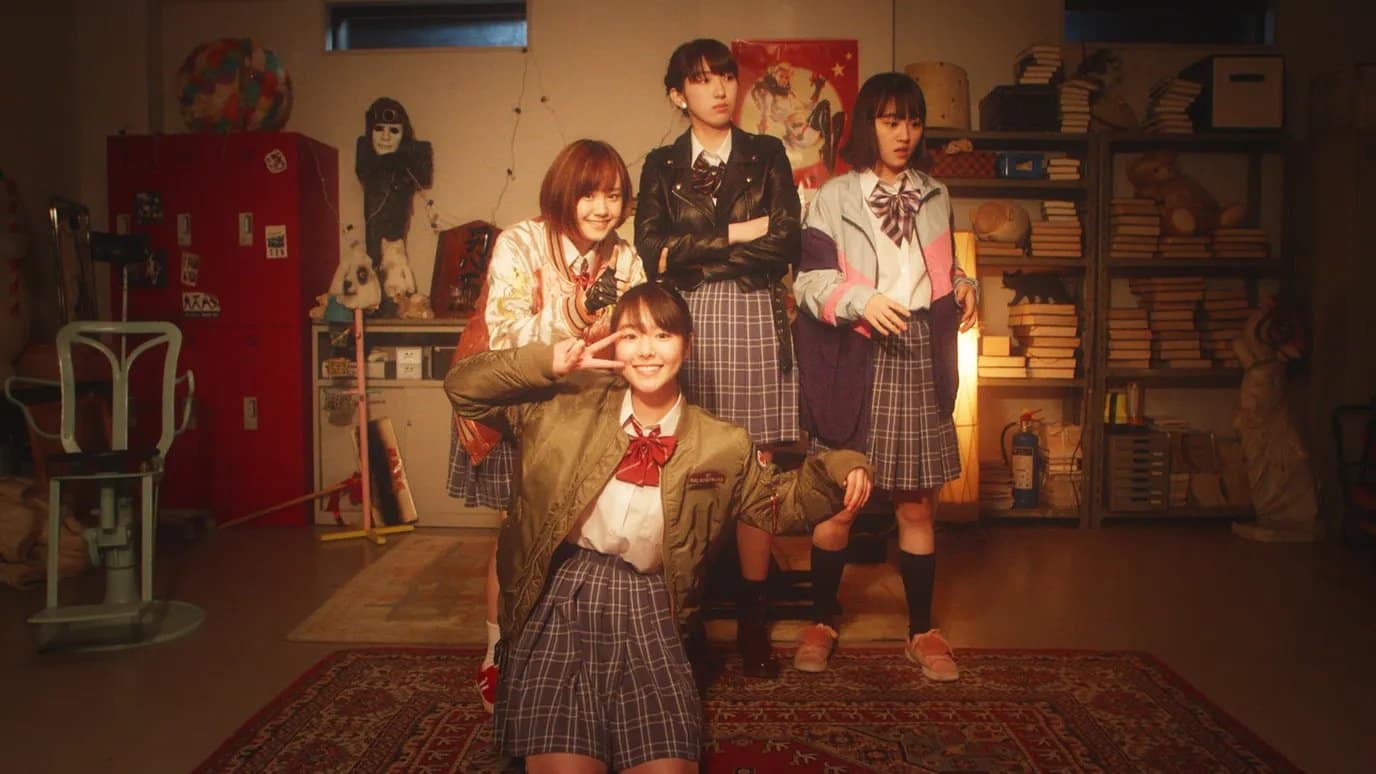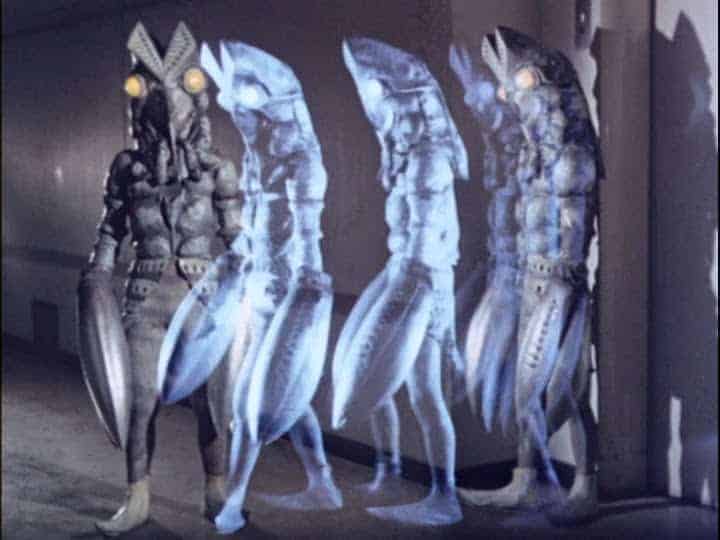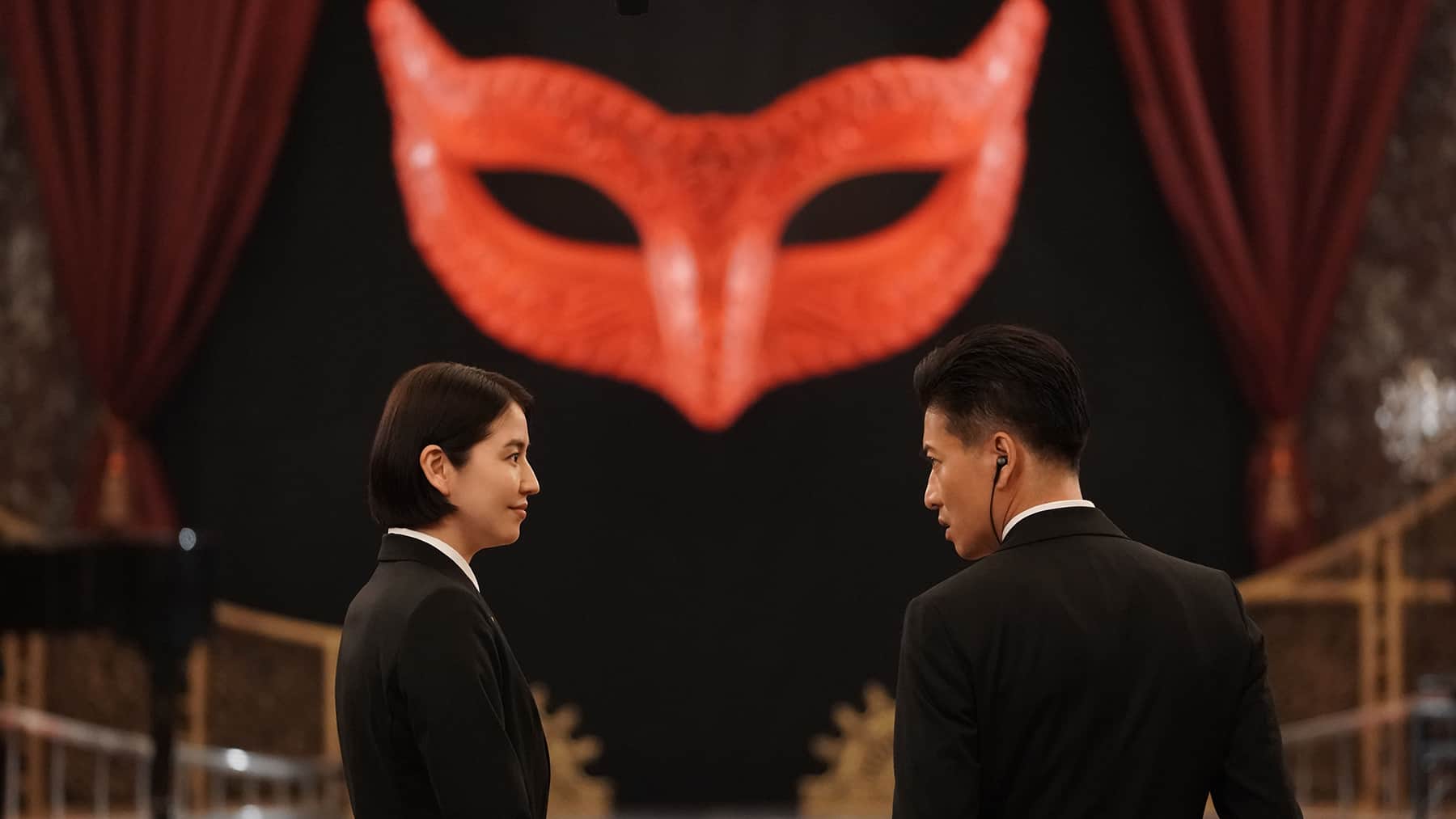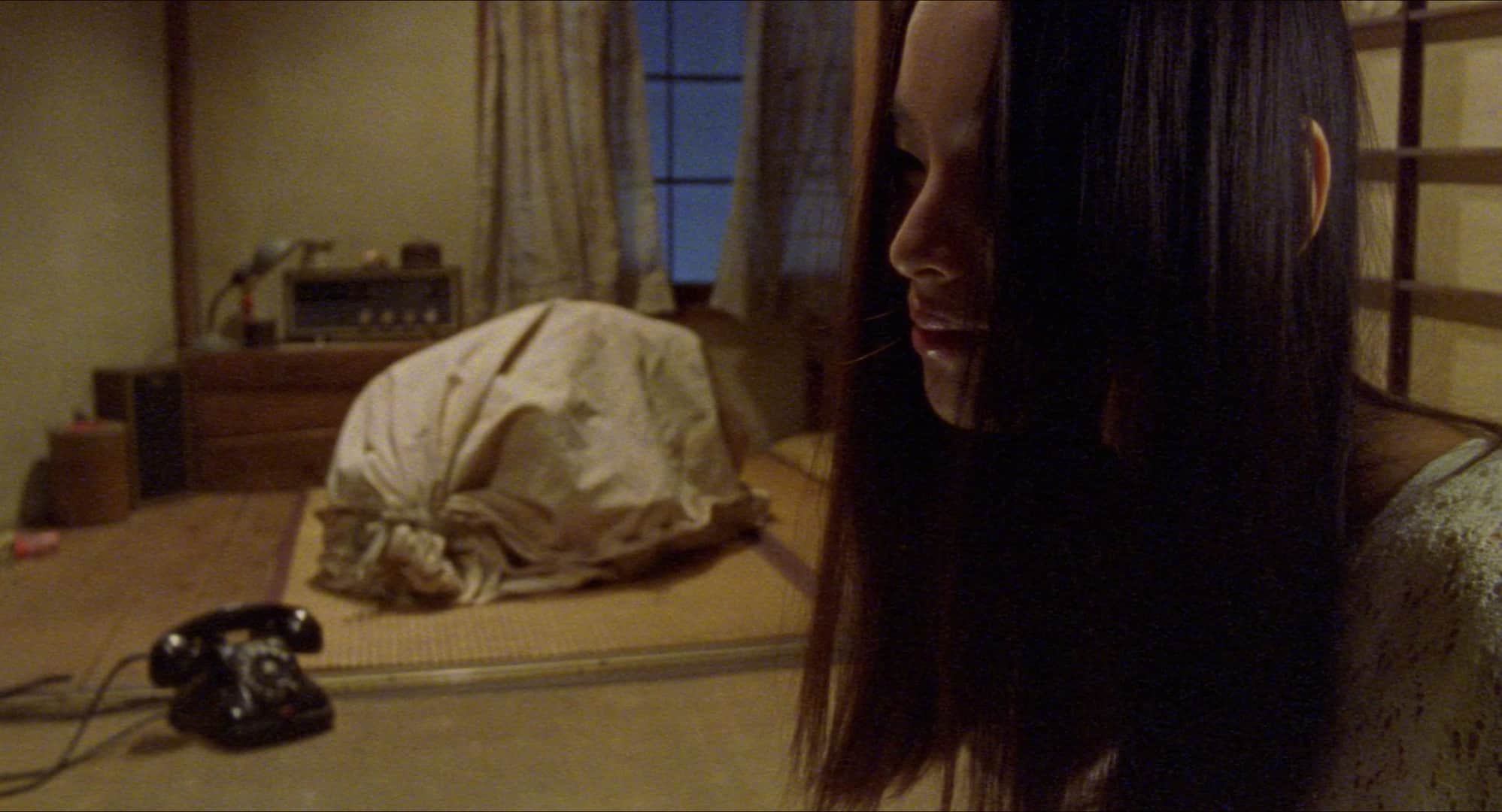After a brief “stray” with “The Third Murder,” Hirokazu Koreeda returns to what he knows best, the family drama, with “Shoplifters,” one of his best works of the latest years, which netted him the Palme d'Or at the Cannes Film Festival. His brush with crime, though, seems to have affected him somewhat, as we are about to see.
Shoplifters is having its Slovakian festival premiere at Art Film Fest Kosice and later this year it will be distributed in theatres by Film Europe Media Company.

Osamu Shibata and his wife Nobuyo leave in a rundown house with their son, Shota, his sister Aki and her grandmother, Hatsue. Osamu and Nobuyo have some low paying jobs, while Aki works as a sex worker in a peep show club. The money they receive, however, is not enough, and they rely much on Hatsue's pension, and their constant shoplifting, into which Osamu has decided to train Shota. The two of them shoplift quite frequently, but during one of their “excursions”, they stumble upon Juri playing on a balcony alone in the cold. Osamu feels that neglecting a child is a crime and decides to take the girl with him in their house, particularly when he realizes that she is also bruised and scarred. Juri ends up spending the night, and soon finds herself part of this rather unusual family, as all of its members seem to care about her. As time passes though, a number of secrets regarding the family members come to the fore, while reality eventually catches up with them all.
Similarly to “Like Father, like Son”, Koreeda explores the concept of family and what, actually, makes one. Again, he stresses the fact that blood relations are not as important as people usually consider, as much as the fact that love can come from any place. This opinion is highlighted throughout the film, but particularly in the heartbreaking finale, which establishes this viewpoint in the most shocking way.

Furthermore, Koreeda exemplifies the marginalized and the poor, highlighting the fact that they actually have to “indulge” in petty crime in order to survive, thus justifying their actions to a point, only to shutter this idea completely during the last part of the film. His general concept moves, once more, very near the borders of surrealism, but it is this ability of his, to portray extreme situations utterly realistically, that has brought him to the top of the genre (to say the least). In that fashion, I think that it is a true accomplishment that he manages to portray one of the most heinous crimes (child abduction) as an action deriving from love and caring, and a number of (petty) criminals as loving, even dignified individuals.
The acting is on a very high level, with Koreeda highlighting his ability to direct children in a way that makes them seem as long-time professionals. In that fashion, both Miyu Sasaki as Yuri and Kairi Jyo as Shota give great performances, and particularly the latter is exceptional as he highlights his growing discomfort for their practices. Lily Franky is the undisputed protagonist of the film as Osamu and is great as always in the role of the cunning but sensitive “poor devil,” while Sakura Ando as Nobuyo portrays the marginalized but content and sensitive woman quite convincingly. Kirin Kiki has perfected the role of the feisty grandmother and her role as Hatsue is no exception.

The production values follow the usual “rules” of the Japanese family drama. Ryuto Kondo's cinematography focuses on realism without neglecting to include some very beautiful scenes of the various settings, while his framing, particularly during the last part, is exceptional. Koreeda's own editing retains a relatively slow pace that suits the aesthetics and the story of the film quite nicely, although I felt that some scenes, particularly during the end, could be shorter. Akiko Matsuda's set decoration is also exceptional, particularly in the family's house, which is set up as messy as possible, mirroring the actual circumstances of the protagonists.
“Shoplifters” is a genuine Koreeda film, a masterful family drama, and of his best latest works, which definitely says something considering the quality of all of his films.


